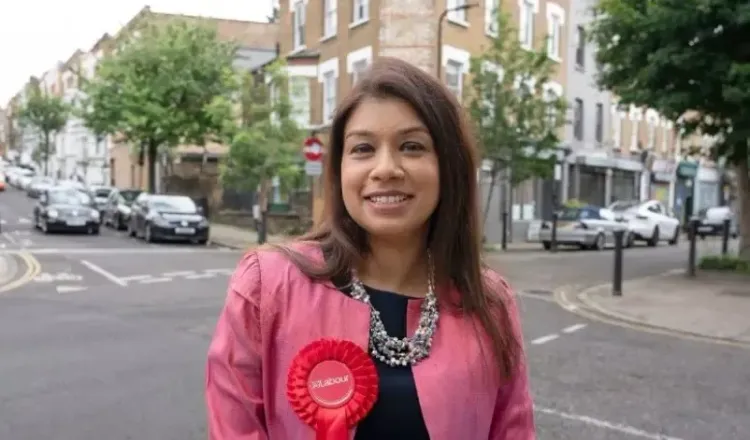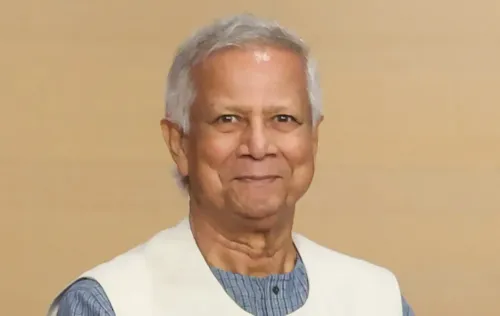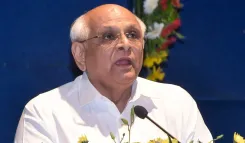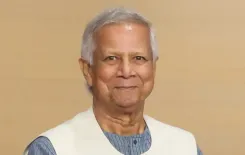Is the Trial of MP Tulip Siddiq in Bangladesh Really Fair?

Synopsis
Key Takeaways
- British lawyers have condemned the trial of Tulip Siddiq.
- Concerns include lack of legal representation and notification of charges.
- Trial set to conclude on December 1.
- Calls for justice in Bangladesh's legal system are growing.
- Siddiq is actively defending her rights and raising awareness.
London, Nov 26 (NationPress) A coalition of distinguished British lawyers has denounced the legal proceedings against Labour MP and former UK Minister Tulip Siddiq, labeling them as "contrived and unfair".
This condemnation emerges as a verdict approaches in a corruption case involving 17 individuals, including former Bangladeshi Prime Minister Sheikh Hasina, her sister Sheikh Rehana, and niece Tulip Siddiq, with the Dhaka court expected to deliver its decision on December 1.
In correspondence addressed to Abida Islam, Bangladesh's High Commissioner in the UK, several prominent legal figures, such as Robert Buckland KC, a former justice secretary under previous UK PM Boris Johnson, and former Tory attorney general Dominic Grieve, contended that Siddiq was stripped of her fundamental rights during the trial process. This includes a lack of notification regarding the charges against her and inadequate legal representation, as reported by a leading British newspaper, The Guardian.
"This process is both artificial and a contrived pursuit of prosecution," the letter emphasized.
The lawyers articulated their "profound concern" regarding the ongoing criminal proceedings in Bangladesh, especially in light of the interim government's leader, chief advisor Muhammad Yunus, who has consistently advocated for the rule of law and justice in the country.
"Living in the UK and holding UK nationality, she is clearly not a fugitive. As an elected parliament member, she is reachable at the House of Commons and could be extradited to Bangladesh if valid grounds for such a move exist. However, Siddiq has not been presented with the charges or evidence against her, nor has she been able to secure legal counsel," the letter elaborated.
"The attorney she appointed in Bangladesh was compelled to withdraw, citing house arrest and threats against his family," it continued.
The lawyers noted that these events coincide with allegations of interference and intimidation within Bangladesh's legal framework since Yunus's administration began.
They remarked that the extensive media coverage by those in power, which accuses Siddiq of criminal activities, raises serious doubts about the potential for a "fair and impartial trial free from interference".
"Given the overall circumstances, we harbor significant concerns that the trial of Ms. Siddiq in absentia is unjust. She lacks a genuine opportunity to defend herself, is being tried in her absence without justification, and the proceedings do not meet internationally recognized standards of fairness," the lawyers voiced.
They urged Bangladeshi authorities to "address these issues" to guarantee a just trial.
Appreciating their support, Siddiq expressed her gratitude on social media, stating, "I’m thankful to this cross-party assembly of esteemed lawyers and legal professionals for highlighting the fundamental flaws in the Criminal Justice system of Bangladesh — a system that now appears poised to convict me."









